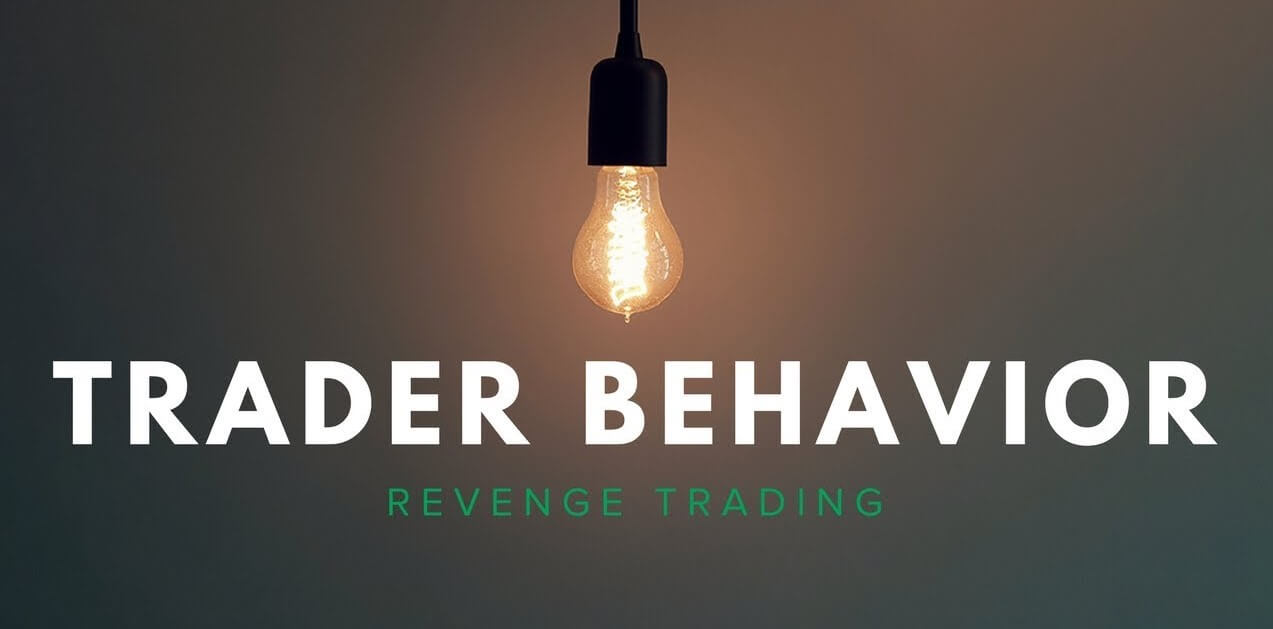Revenge trading – it’s one of the many things that can stop a successful trader dead in their tracks on the path to success as if traders weren’t already dealing with enough negativity. Before you can learn to stop revenge trading and how to avoid it, you’ll need to understand what it is. Allow us to start by defining the term “revenge trading”.
The term revenge trading refers to a common problem where a trader becomes angry after losing money and attempts to take revenge trades in an attempt to recover their losses. With emotions like anger and frustration clouding the trader’s mind, they are likely to make decisions that are closer to gambling without following their trading plan. There are two reasons why this is a big problem:
- First, revenge trading causes the trader to throw their discipline out the window. In the heat of the moment, trading plans and strategies are often ignored, and the trader might base their trades off nothing much at all. When your head is stuck on those losses and how badly you want to make the money back, you aren’t likely to follow your strategy or to think about risk management.
- A trader that isn’t making good decisions and that makes large trades without accounting for their overall risk is likely to lose more money, thus repeating the cycle that started the revenge trading in the first place.
As you can see, revenge trading can cause issues with one’s logical thinking in the same way that many other emotions like anxiety, fear, etc. can wreak havoc on trading decisions. Below, we will provide two common scenarios that exemplify revenge trading:
- In the first scenario, trader A has invested a chunk of money into a trade and wound up losing $97. This leaves trader A feeling frustrated about the fact that he was wrong and anxious to make his money back. In the same ways that someone who is having a bad day might get road rage or become snappy with a loved one, trader A begins to take out his aggression on his trades. He impulsively makes larger trades out of desperation to win that money back, but he winds up losing even more. In the end, trader A loses $200 instead of the initial $97 loss.
- In the next scenario, trader B loses $40 a few hours after her stop-loss is hit. Although she would usually only risk $50, she decides to double her risk to $100 out of frustration and in an attempt to win that money back. As soon as she makes her $50 back, she cuts her winning trade out because of the fear that she will lose money again, even though she could have made more money.
Although both of the above scenarios differ, each trader has fallen guilty to revenge trading. Trader A lost more money than he would have because he was chasing his losses, while trader B doubled her risk and closed out her winning trade once she made what she had lost. Bost traders lost money they could have made, as trader A could have stuck with the initial loss and trader B could have made more money on the winning trade.
Now that we’ve covered what revenge trading is and provided a few examples, we will offer a few steps that can help traders overcome this problem:
- Step 1: After a frustrating loss, you should step away and clear your head. You could try doing something that makes you feel relaxed, like listening to music, exercising, or even spending a few minutes outside. Once you’re calm, you’ll be ready to think more rationally.
- Step 2: Next, it is helpful to determine the reasons why you lost the trade. Was this an error on your part, or did you make a trading move that seemed reasonable? Instead of betting yourself up over the loss, you simply want to figure out what went wrong so that you can avoid making the same mistake. Also, try to identify any triggers that you might have that signal you’re about to start revenge trading. A fast heartbeat or biting fingernails are a couple of examples.
- Step 3: Always follow your trading plan, no matter what. If you have a plan and strategy, you shouldn’t deviate from it because you’ve lost money. If you usually only risk a certain percentage on a trade, don’t risk more just because you’ve lost money, as this is likely to cause more loss.
If you follow the above steps by clearing your head, determining what went wrong, and sticking to your usual self-given trading guidelines, you should be able to stop revenge trading without much effort.





